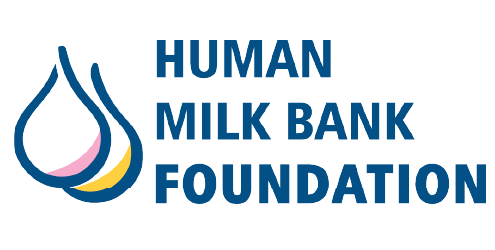Systematic reviews on donor human milk banking
WHO, UNICEF, The American Academy of Pediatrics, the European Society for Paediatric Gastroenterology, Hepatology and Nutrition Committee on Nutrition, and other national and global policy groups emphasize that infants born prematurely and with low and very low birth weight and other vulnerable infants who cannot be fed with their mother‘s own milk should be fed donor human milk from the Human Milk Bank. However, despite these recommendations, there have been no clear guidelines and standards for breast milk banking and the operation of Milk Banks around the world.
WHO is in the process of developing standards on donor human milk banking (TP 2565.01). As described in the planning proposal, these standards will be evidence-based, using the results of a series of systematic reviews on various aspects of donor human milk banking.
Currently, the World Health Organization (WHO) is in the process of developing such standards for banking donor human milk. These guidelines will be based on reliable knowledge from systematic reviews and a comprehensive analysis of available scientific evidence on a given topic. According to the principles of EMB (evidence-based medicine), systematic reviews are the type of literature with the highest rank of scientific evidence.
The Human Milk Bank Foundation was selected, through a tender announced by the WHO Department of Food Safety, to prepare two systematice reviews that will answer key questions from the point of view of the use of donor milk:
1. A systematic review to examine the impact of feeding expressed mother’s own milk using varying expression practices or treatments on health and growth outcomes of recipient infants
2. A systematic review to examine the impact of feeding milk from donors with varying lactation stages, health concerns, varying expression practices/techniques, or with various treatment or testing methods on health and growth outcomes of infants fed donor milk
The group of experts includes scientists from various specialties and practicing MDs:
Serena Gandino, MD (Oxford Maternal and Perinatal Health Institute (OMPHI), University of Oxford, Oxford, UK),
Tanya Cassidy, PhD (Kathleen Lonsdale Institute for Human Health Research, Maynooth University, Ireland),
Laura Cavallarin, MS (Institute of Sciences of Food Productions, National Research Council, Turin; Associate Researcher at Italian Institute of Metrological Research (INRIM), Turin, Italy),
Karolina Karcz, PhD, MD (Department of Neonatology, Wroclaw Medical University, Wroclaw, Poland),
Daniel Klotz, PhD, MD (Division of Neonatology, Medical Center for Pediatrics, University of Freiburg, Hugstetterstr. 55, 79106 Freiburg, Germany),
Agnieszka Bzikowska-Jura, PhD (Laboratory of Human Milk and Lactation Research, Department of Medical Biology, Medical University of Warsaw, Poland),
Marzia Giribaldi, PhD (Institute of Sciences of Food Productions, National Research Council, Turin, Turin, Italy),
Chiara Peila, PhD, MD (Department of Neonatology, researcher in Neonatology and Pediatrics at the University of Turin, Turin, Italy).
In terms of data analysis and review of scientific publications experts will be supported by:
Carolyn Smith (Bodleian Health Care Libraries, University of Oxford, Oxford,UK) and
Bartłomiej Walczak, PhD (Institute of Applied Social Sciences, University of Warsaw, Warsaw, Poland).
The team is led by Aleksandra Wesolowska, PhD, Assoc. Prof. (Laboratory of Human Milk and Lactation Research, Department of Medical Biology, Medical University of Warsaw, Poland) and president of Human Milk Bank Foundation.
The work of a team of experts on behalf of the Human Milk Bank Foundation is coordinated and supported by Magdalena Babiszewska-Aksamit, PhD (Laboratory of Human Milk and Lactation Research, Department of Medical Biology, Medical University of Warsaw, Poland).
